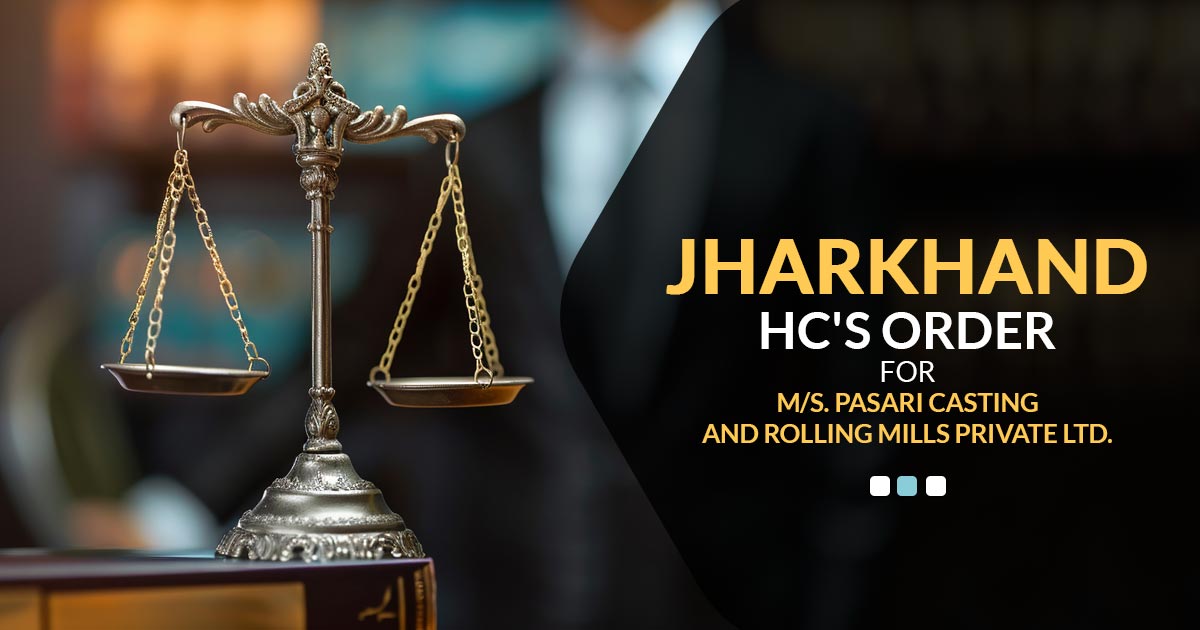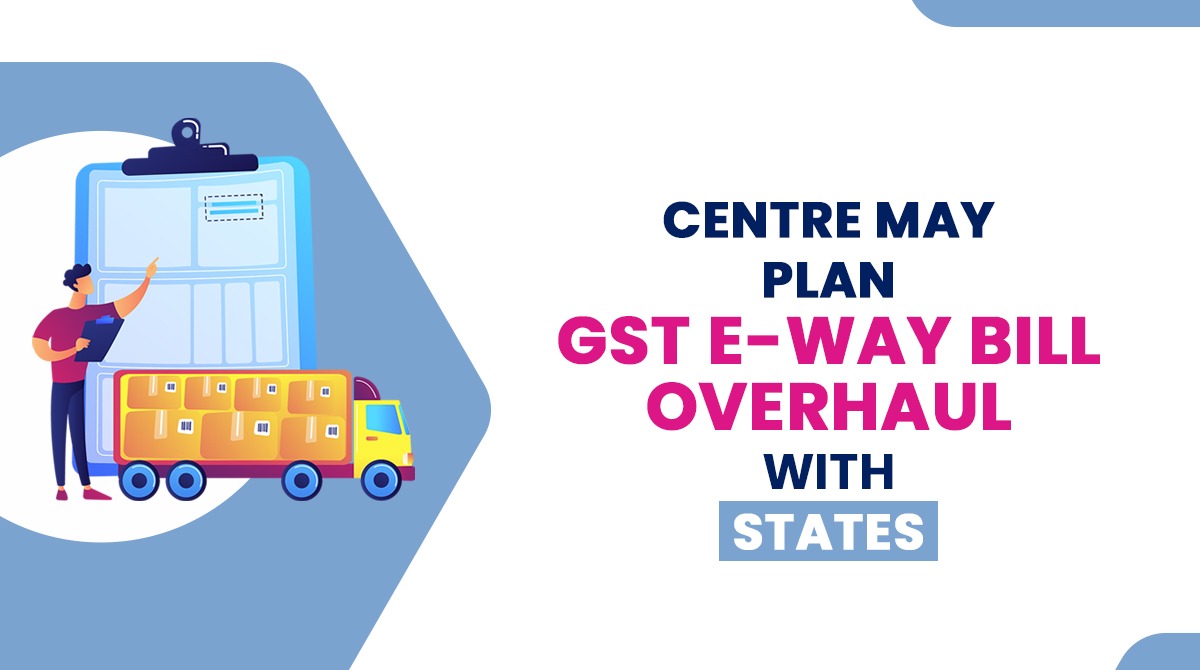
The Jharkhand High Court ruled that the show cause notice must provide the notice a reasonable chance to make the objections against the suggested charges shown in the notice and the individual move against should tell about the charges against him so that he could perform his defence and prove his innocence.
In the whole course of the proceeding, the bench of Justice Rongon Mukhopadhyay and Justice Deepak Roshan has observed that at no phase is the applicant made aware of the provisions of law that have been breached and/or beneath which the additions seek to be incurred, which in breach of the principles of natural justice, and the procedure adopted by the Department is not fair or proper.
The applicant is in the business of manufacturing iron and steel products in the state of Jharkhand. The applicant had filed its income return within time, and its books of accounts were audited duly. But, the proceeding has been initiated under Sections 147 and Section 148 of the Income Tax Act, 1961.
The applicant mentioned that without the existence of the material and the reasons to make a reasonable belief that the applicant’s income has escaped the assessment, the reasonable belief has been incurred on the borrowed satisfaction.
The document directing to the making of the purported reasonable belief was not supplied irrespective of repeated requests, and additionally, the applicant has been extended only 24 hours to file its Show Cause Notice. The taxpayer argued that there are no reasons or materials to form a reasonable belief that the applicant’s income has evaded assessment; therefore, the proceedings initiated under Section 147 are without jurisdiction.
The statement recorded under Section 133A has no evidentiary value. He further proposes that the formation of belief is established on borrowed satisfaction. There is no independent application of mind. Thus, the proceeding under Section 147 is without jurisdiction.
The council argued that the applicant approached the high court directly, in which another remedy to contest the assessment order lies before a statutory forum, i.e., the Commissioner (Appeals) under Section 246A of the Income Tax Act, 1961, and thus the writ petition must be dismissed.
The court observed that recording reasons is required in both administrative and quasi-judicial orders affecting the rights of parties prejudicially. Grounds provide the appearance that justice is being done, to prevent the arbitrary practice of power, to ensure that discretion has been practised on appropriate bases, and to ease judicial review, accountability, and transparency.
Read Also: SCN Response Time of 4 Days is Considered Invalid as Per IT Act’s Provision
The reasons in support of decisions must be cogent, clear, and succinct. The pretence of reasons, or “rubber-stamp reasons,” is not to be correlated with a proper decision-making methodology. As per the court, the belief made by the assessing officer suffers from a lack of bona fides and is incomplete, far-fetched, extrinsic, established on conjecture and surmises, and also arbitrary and irrational.
The very initiation of the proceedings is bad in law and draws a jurisdictional issue, which goes into insights into the matter.
| Case Title | M/s. Pasari Casting and Rolling Mills Private Ltd Vs ITO |
| Citation | W.P. (T) No. 1850 of 2022 |
| Date | 25.01.2024 |
| Appellant | M/s. Kartik Kurmi, N.K.Pasari and Sidhi Jalan |
| Respondent for State | Mr. R.N.Sahay, Mr. Anurag Vijay |
| Jharkhand High Court | Read Order |









